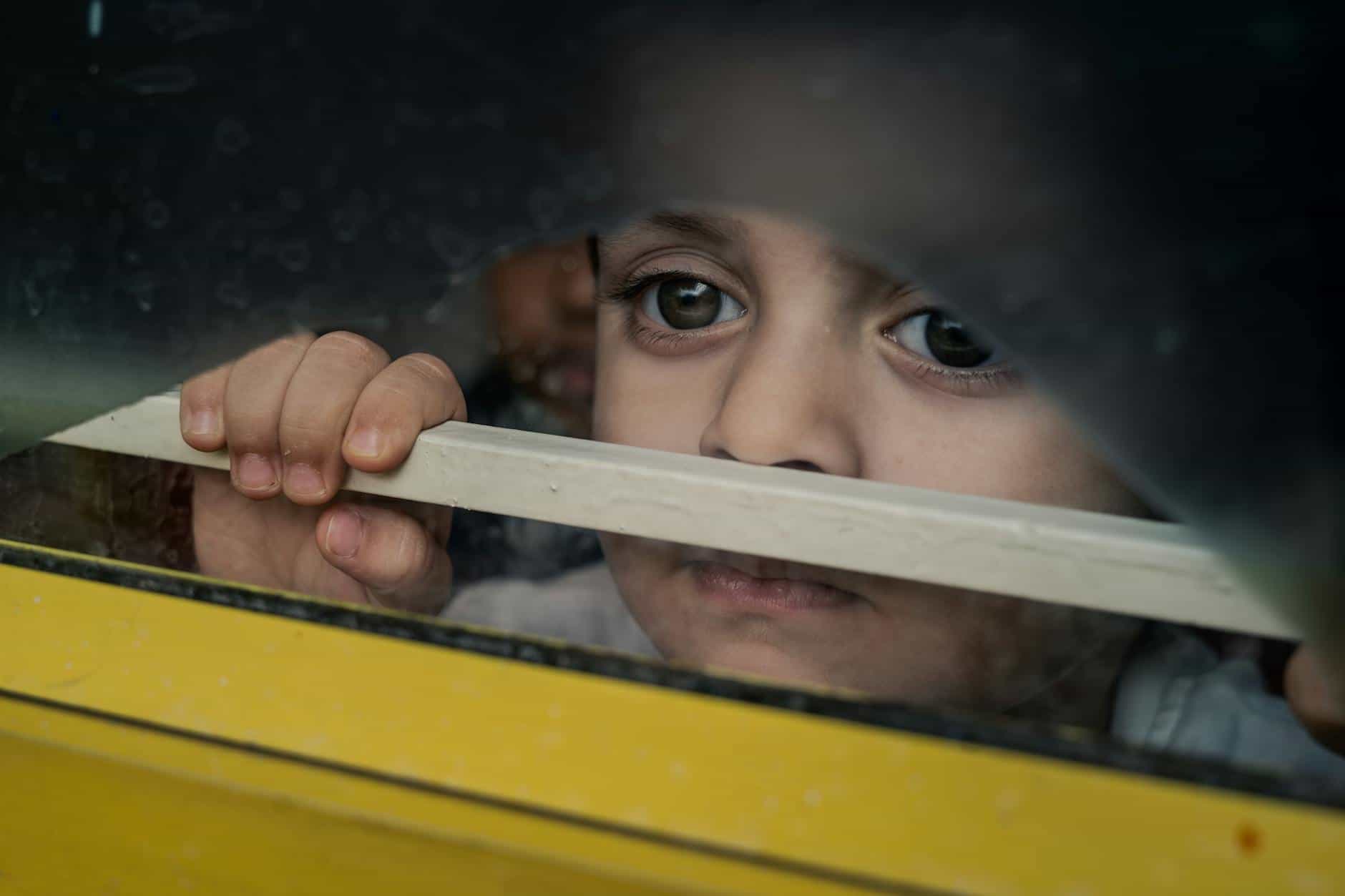A study published this week found that nearly 1 in 20 (4.8%) people under 18 in Switzerland received social welfare in 2022, reported RTS. Children made up 33% of the total population on welfare. The report called for more money to ensure this group is sufficiently supported. Photo by SRIPADA STUDIOS on Pexels.comThe 76,000 children in Switzerland receiving social assistance often live restricted lives. There is a need for action regarding the level and design of social assistance benefits, said the authors. This group is often disadvantaged regarding social integration and access to school support services, for example access to music and sporting activities. This impacts on their ability to get a level of education that could help them escape poverty. Children from poor families
Topics:
Investec considers the following as important: Editor's Choice, Parenting, Personal finance, Politics
This could be interesting, too:
Investec writes The global brands artificially inflating their prices on Swiss versions of their websites
Investec writes Swiss car insurance premiums going up in 2025
Investec writes The Swiss houses that must be demolished
Investec writes Swiss rent cuts possible following fall in reference rate
A study published this week found that nearly 1 in 20 (4.8%) people under 18 in Switzerland received social welfare in 2022, reported RTS. Children made up 33% of the total population on welfare. The report called for more money to ensure this group is sufficiently supported.

The 76,000 children in Switzerland receiving social assistance often live restricted lives. There is a need for action regarding the level and design of social assistance benefits, said the authors. This group is often disadvantaged regarding social integration and access to school support services, for example access to music and sporting activities. This impacts on their ability to get a level of education that could help them escape poverty.
Children from poor families are more likely to suffer from poverty as adults. Public education and social assistance are key drivers of social mobility, which help to break this pattern.
Recommendations include increasing the amounts paid for successive children – the authors say the welfare paid for additional children is too low. They also recommend different amounts depending on the age of the child to better match welfare assistance with actual costs.
More on this:
RTS article (in French) – Take a 5 minute French test now
For more stories like this on Switzerland follow us on Facebook and Twitter.
